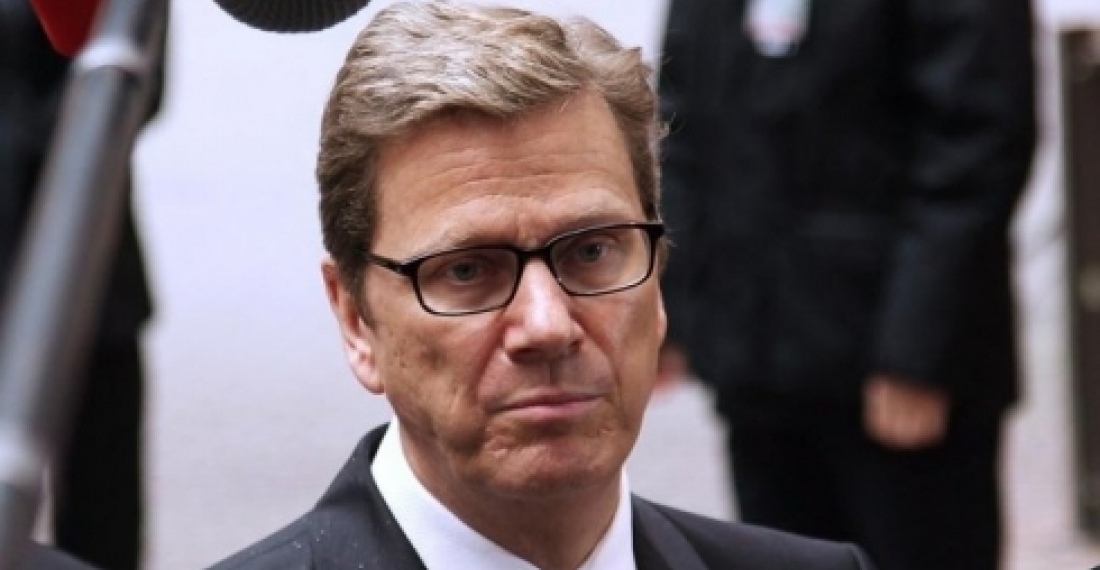Берлин заинтересован в мирном урегулировании Нагорно- карабахского конфликта. Об этом 16 марта в Ереване на совместной пресс-конференции с главой МИД Армении Эдвардом Налбандяном заявил глава МИД Германии Гидо Вестервелле.
"Германия выступает за равновесие в принципах территориальной целостности и права народов на самоопределение. Однако, статус-кво в НКК не может быть длительным, а мирное решение принесет дивиденды всем в регионе, в том числе Армении. Исходя из этого, компромиссный вариант необходимо искать исключительно в рамках Минской группы ОБСЕ", - отметил Вестервелле.
В свою очередь глава МИД Армении Эдвард Налбандян отметил, что Армения всегда выступала за мирное урегулирование конфликта и никогда не препятствовала подвижкам в урегулировании НКК. "Велик вклад МГ ОБСЕ и в частности президента России Дмитрия Медведева в процессе урегулирования НКК, однако все усилия армянской стороны и сопредседателей приравниваются нулю, так как азербайджанская сторона периодически ставит новые преграды на пути разрешения НКК ", - отметил Налбандян.
Он также заметил, что азербайджанские власти ведут противоречащую политику и часто выступления президента и других высокопоставленных лиц противоречат друг другу. "В ходе последней сочинской встречи президенты Армении и Азербайджана выразили удовлетворенность работой сопредседателей МГ ОБСЕ, однако в Баку был сделан ряд критикующих заявлений в адрес тех же сопредседателей", - отметил Налбандян.
Урегулированием карабахского конфликта с 1992 года занимается Минская группа ОБСЕ, представленная сопредседателями от России, США и Франции. В настоящее время процесс урегулирования карабахского конфликта происходит на основе "Мадридских принципов", выдвинутых сопредседателями МГ ОБСЕ в 2007 году в Мадриде и обновленных в 2009 году.







